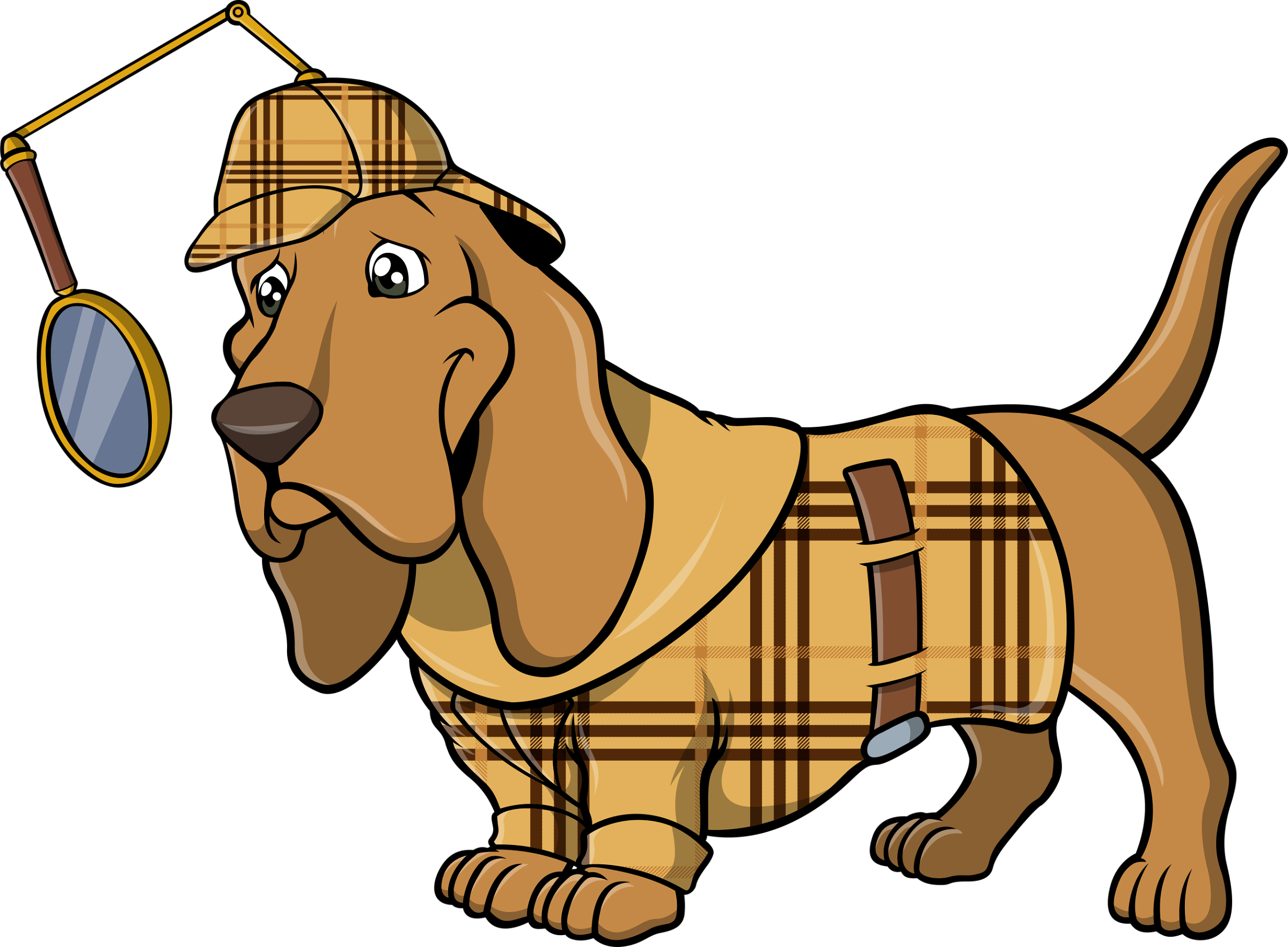
Pomeranian
Pomeranian Puppies Dog Breed Information
The Pomeranian breed has historical ties to the Arctic sled dogs, albeit in a smaller size. Poms belong to the Spitz group, being among the smallest in this category. Their name is derived from Pomerania, a region spanning modern Poland and western Germany, where the process of downsizing their ancestors likely began.
Pomeranians have enjoyed royal favor throughout history and gained recognition from the AKC in 1888 as part of the Toy Group. They are renowned globally as a beloved toy breed and rank among the most popular in the world.
Pomeranians are known for their active, friendly, and affectionate nature, embodying a “big dog in a small body” attitude. Adequate socialization and training are crucial to manage their behavior effectively. They integrate well with children and other pets, thriving on attention and excelling as companions and therapy dogs, especially for the hearing impaired. Despite their small size, Pomeranians are vigilant watchdogs, sometimes exhibiting excessive barking if not trained early. Consistent training, socialization, and obedience training help foster a well-mannered and balanced Pomeranian.
Pomeranians are incredibly adaptable companions, comfortable in various living environments such as apartments or spacious homes, and they thrive in urban, suburban, or rural settings. With their thick double coat, they handle colder climates well, but they are sensitive to heat, prone to overheating in high temperatures and humidity. Therefore, they should be kept indoors as much as possible during hot weather, with careful monitoring when outside. Pomeranians are social creatures and dislike prolonged periods of solitude, craving companionship from their owners.
Owning a dog, even a small one like a Pomeranian, entails significant responsibilities, especially regarding their health. Potential health issues in Pomeranians include hip dysplasia, elbow dysplasia, hypothyroidism, eye problems, congestive heart failure, epilepsy, and luxating patellas. Responsible breeders prioritize screening their dogs to prevent passing on hereditary conditions to puppies. When acquiring a Pomeranian, inquire about the health and genetic history of both parents, as well as any health tests or clearances conducted. The National Breed Club recommends evaluations for patellas, cardiac health, and eyes. Additionally, Pomeranians are prone to allergies and dental problems due to their smaller mouths, underscoring the importance of consistent dental care throughout their lives.
Pomeranians are highly intelligent and trainable, suitable for owners of any experience level, though they can be stubborn. They respond well to consistent training with positive reinforcement. Essential commands like leash walking, recall, and barking control should be included in their training. House training may require patience and consistency, with crate training being helpful. Due to their small size, Pomeranians are prone to joint injuries from jumping, so early training to discourage this behavior is vital. Excessive barking can be managed through training and engaging them in dog sports provides mental stimulation and energy release.
Pomeranians have a double coat requiring regular care to manage shedding. Daily brushing prevents matting, with monthly baths and professional grooming every 4-6 weeks recommended, particularly during shedding seasons. Attend to nails, ears, and teeth regularly to prevent issues like overgrowth, infections, and dental problems. Introduce grooming early with positive reinforcement to foster a bonding experience for both you and your Pomeranian.
Pomeranians have a low to moderate activity level, requiring minimal exercise such as daily walks and playtime to stay healthy and happy. While they enjoy spending time with their owners and may engage in more activity if prompted, it’s essential to monitor them to prevent overexertion and be prepared to carry them if necessary.
Pomeranians are known to be escape artists outdoors, so constant vigilance is required despite safety measures. They are vulnerable to predatory birds, animals, and theft, emphasizing the importance of never leaving them unattended outside.
A mature Pomeranian typically reaches a height of 6-7 inches and has a weight ranging from 3 to 7 pounds.
On average, Pomeranians typically live for 12 to 16 years.

